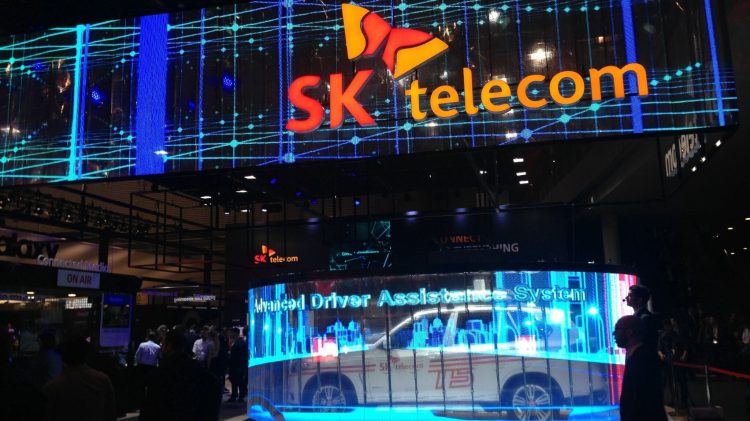South Korea’s government rushed the country’s top cellular carriers to launch “commercial” 5G networks last year, but as of now 5G phones and services still aren’t available to consumers, the Korea Herald reports today. Consequently, the government expects carriers to miss a March deadline for bringing actual 5G service to customers, instead starting in April — assuming the devices and service plans are ready.
If you’ve been following South Korea’s efforts to become one of the world’s first countries with 5G, today’s developments may or may not come as a surprise. Following Verizon’s launch of the world’s first consumer 5G service on October 1, South Korea’s government rallied carriers SK Telecom, LG Uplus, and KT to open their 5G networks with a nationally broadcast event on December 1. But there were no actual 5G devices for Korean customers to purchase, making the supposedly “commercial” launch more theoretical than practical.
Now the government says its commercial 5G launch is being held up by the lack of “quality” 5G devices and reasonable 5G service plans. “We determined that it is much more desirable to wait until 5G smartphones’ quality will become secure,” South Korean lead ICT ministry planner Chun Sung-bae told the Herald. “There is still a chance for 5G rollout in March, but it is not high.”
According to the report, the release of LG’s V50 ThinQ 5G smartphone is waiting on Qualcomm’s Snapdragon X50 modem, which is expected “after April,” while Samsung’s Galaxy S10 5G and Galaxy Fold phones apparently haven’t yet passed required tests. In the United States, those Samsung devices are expected to use Qualcomm Snapdragon chips, but in South Korea they are likely to use Samsung’s own Exynos processors and modems, the timetables for which depend upon Samsung.
June 5th: The AI Audit in NYC
Join us next week in NYC to engage with top executive leaders, delving into strategies for auditing AI models to ensure fairness, optimal performance, and ethical compliance across diverse organizations. Secure your attendance for this exclusive invite-only event.
“It’s fair to say that the whole 5G rollout timetable was based on when Samsung’s 5G smartphone would hit the market,” a Herald source explained. “If there is a (delay) within Samsung, the whole launch would consequently [be delayed].”
If the lack of hardware wasn’t enough of an impediment, South Korean carriers also continue to wrestle with affordable 5G service pricing, which many believe is critical to quickly encouraging use of the next-generation cellular technology. As of this week, the country’s carriers still do not know how much they will charge for 5G services, and they must receive government approval before debuting their plans.
While chipmakers such as Qualcomm have advocated unlimited 5G data services, given the new standard’s bandwidth and potential for ultra-responsive, data-demanding services, some 4G carriers are accustomed to charging by the gigabyte — or megabyte — and want to similarly meter 5G data. In that case, unlimited 5G plans could carry steep premiums.
South Korea’s ICT ministry this week rejected top carrier SK Telecom’s initial pricing plan, which the government said would “restrict the consumer’s right for choices.” Though the price of the plan wasn’t specified, the ministry described it as “expensive” and designed solely for users of “massive data,” without options for users with lower data needs.
In the United States, Verizon is currently offering unlimited 5G Home broadband service for $50 per month to existing Verizon Wireless customers, and $70 per month to non-customers. T-Mobile has committed to offering 5G service at the same prices as its 4G service for at least three years, while AT&T has debuted a 15-gigabyte limited 5G plan for $70 per month. Fourth-place carrier Sprint hasn’t yet announced pricing — beyond suggesting that a 5G plan would be more expensive than its prior service.

